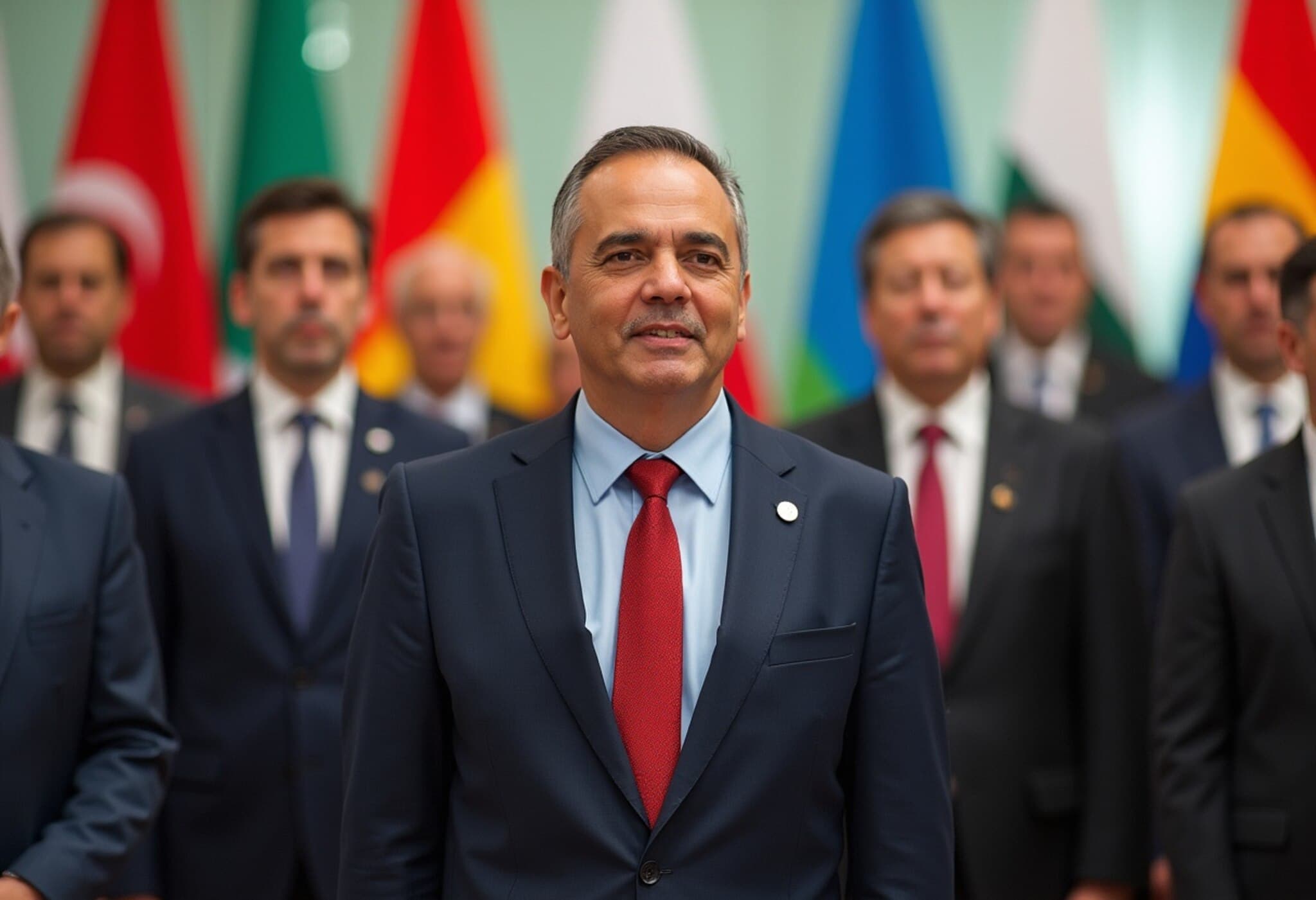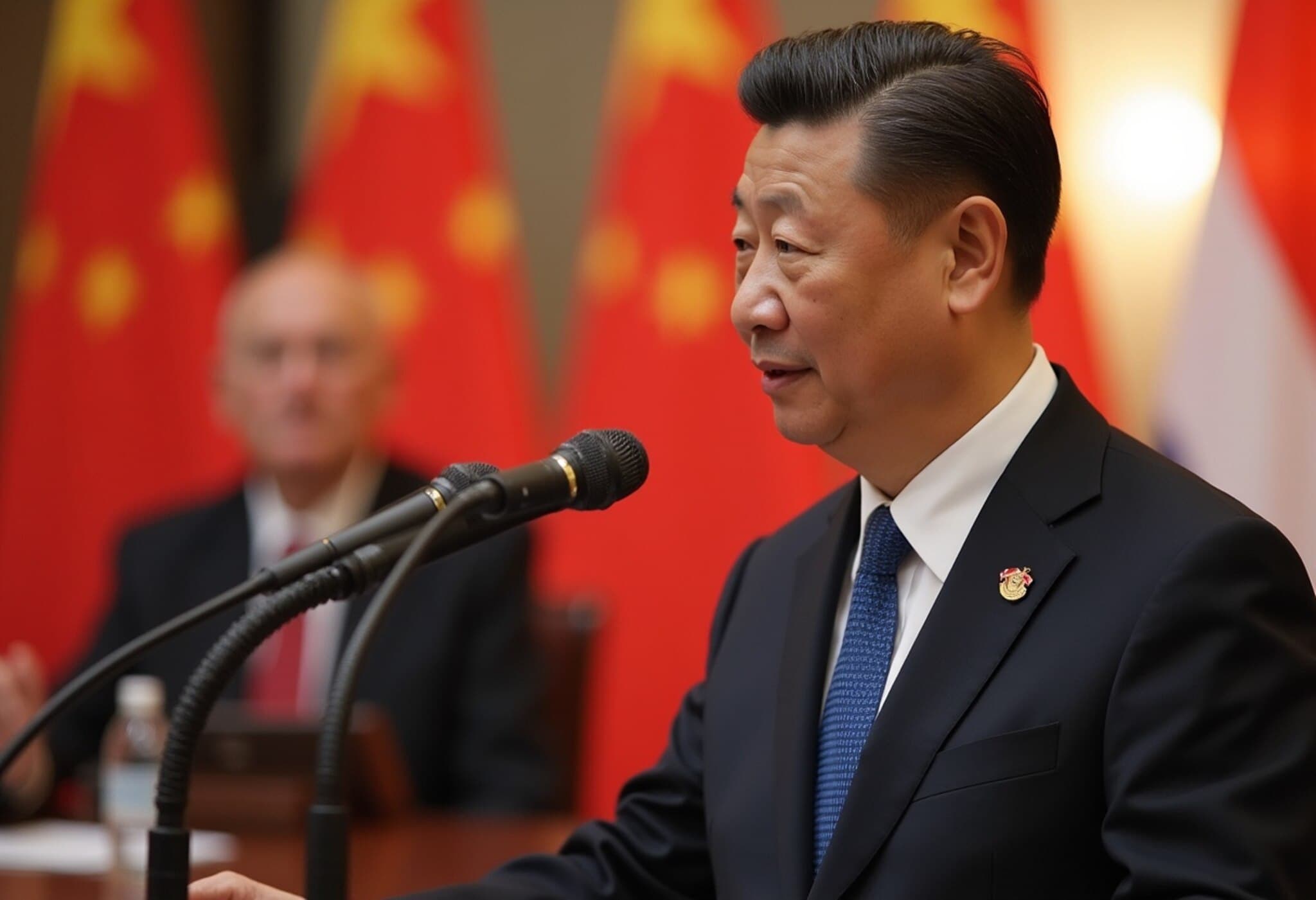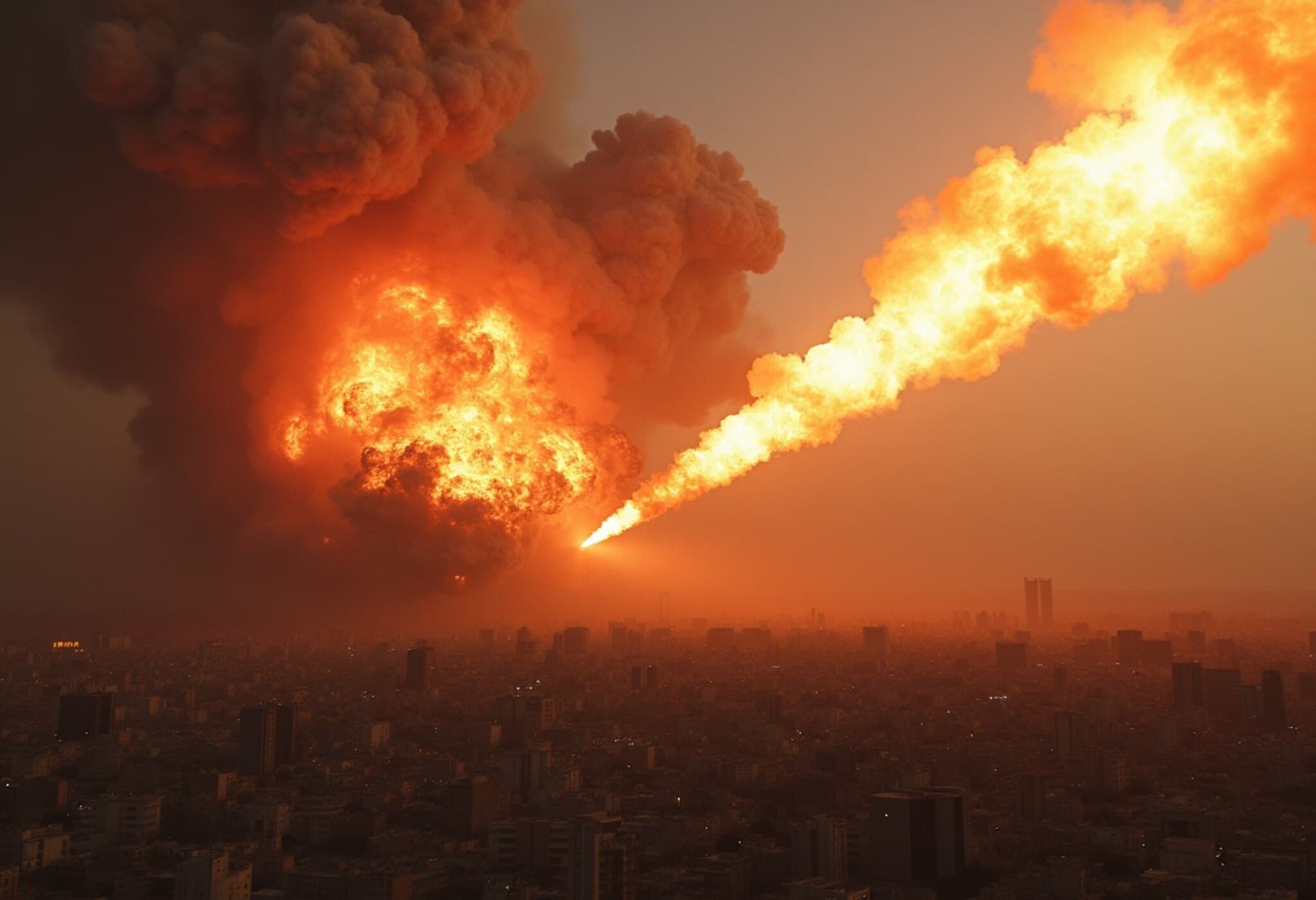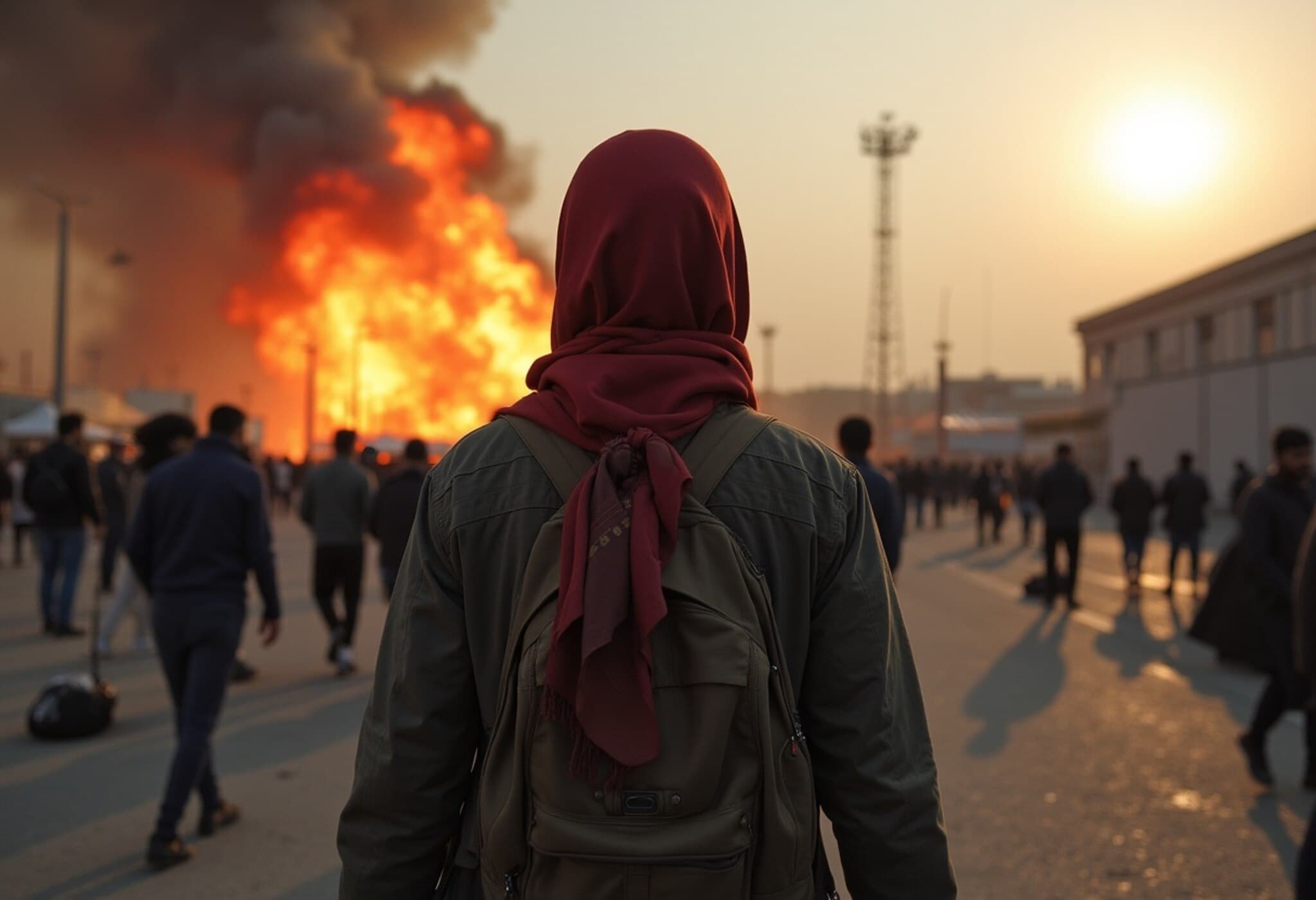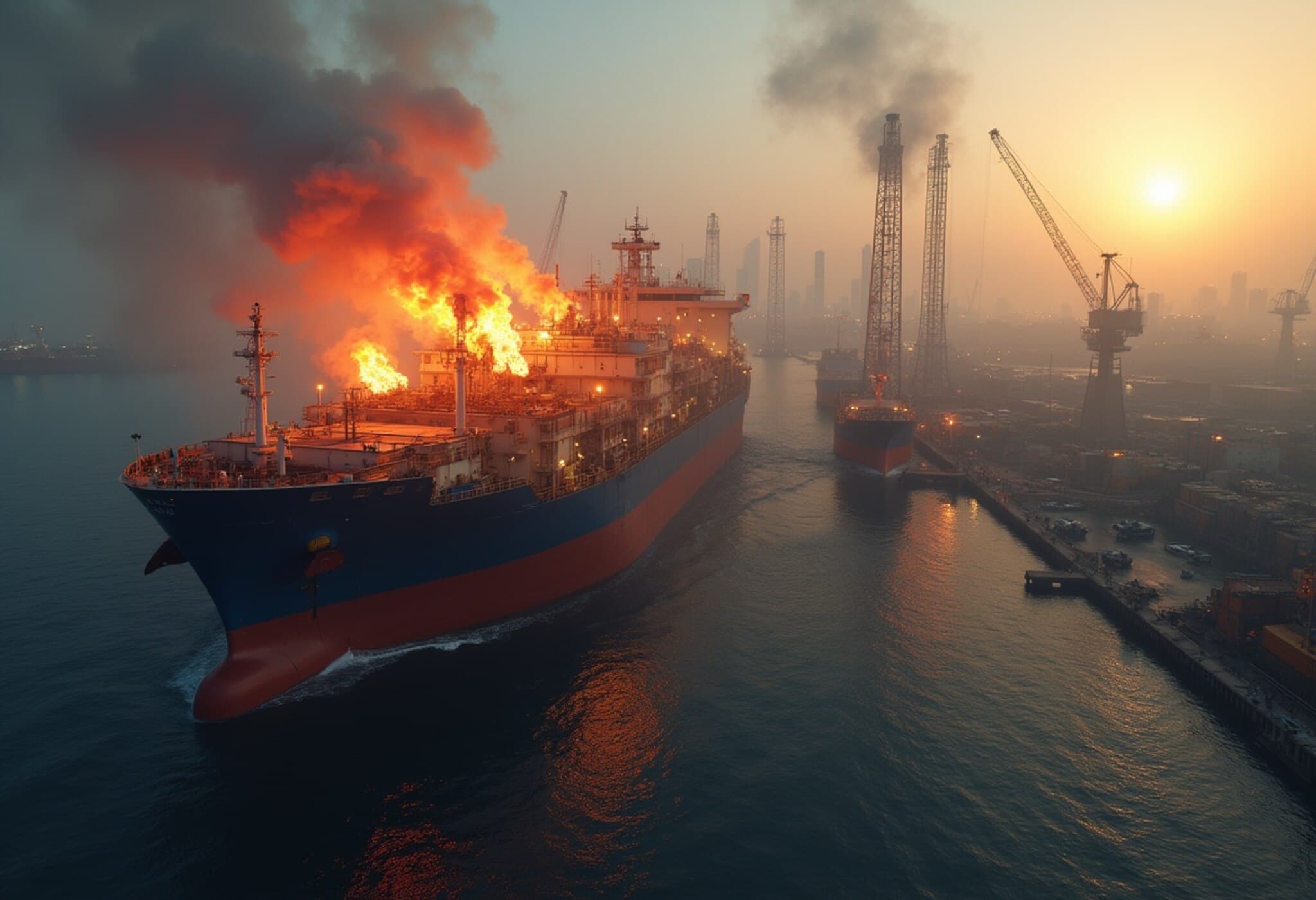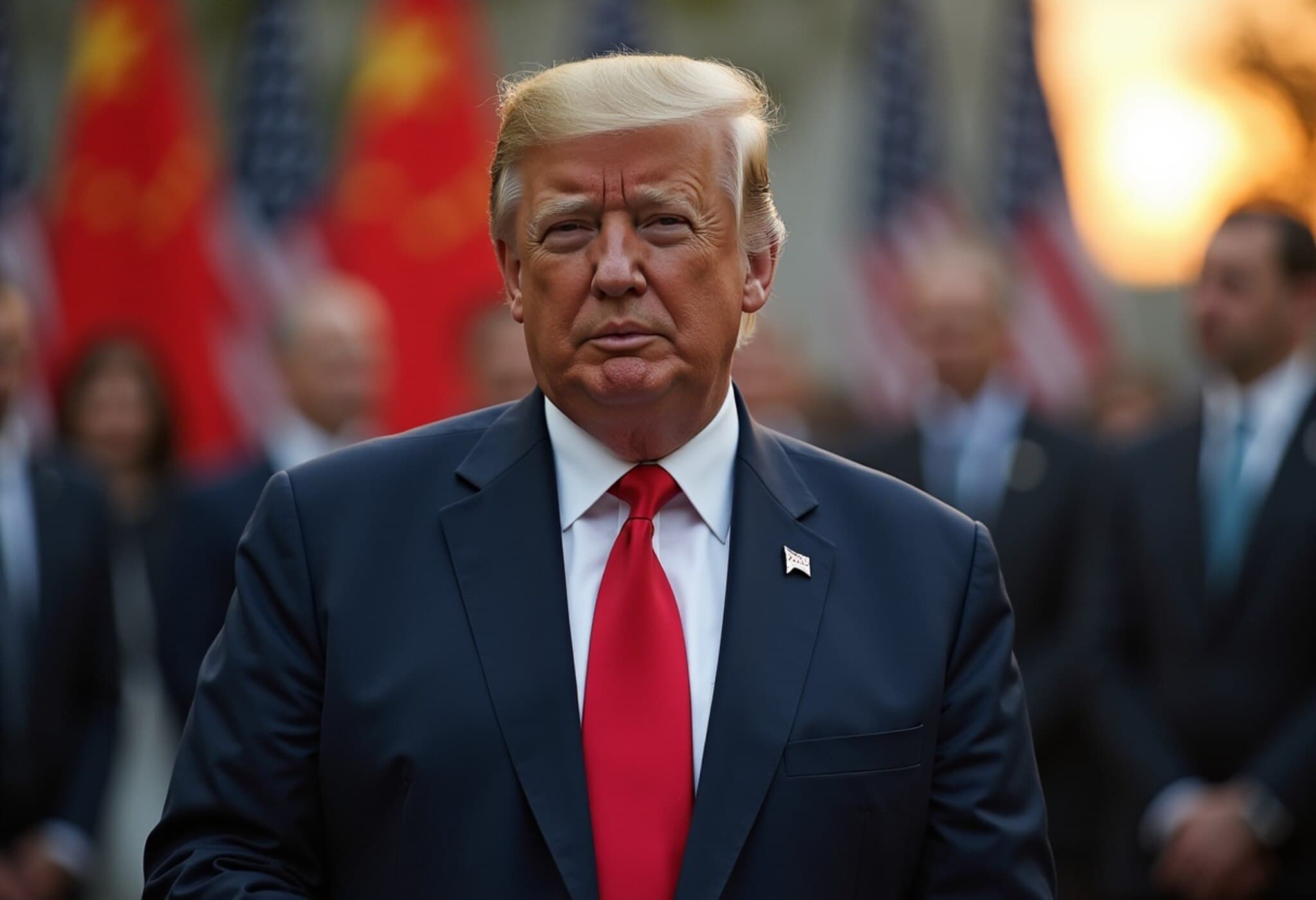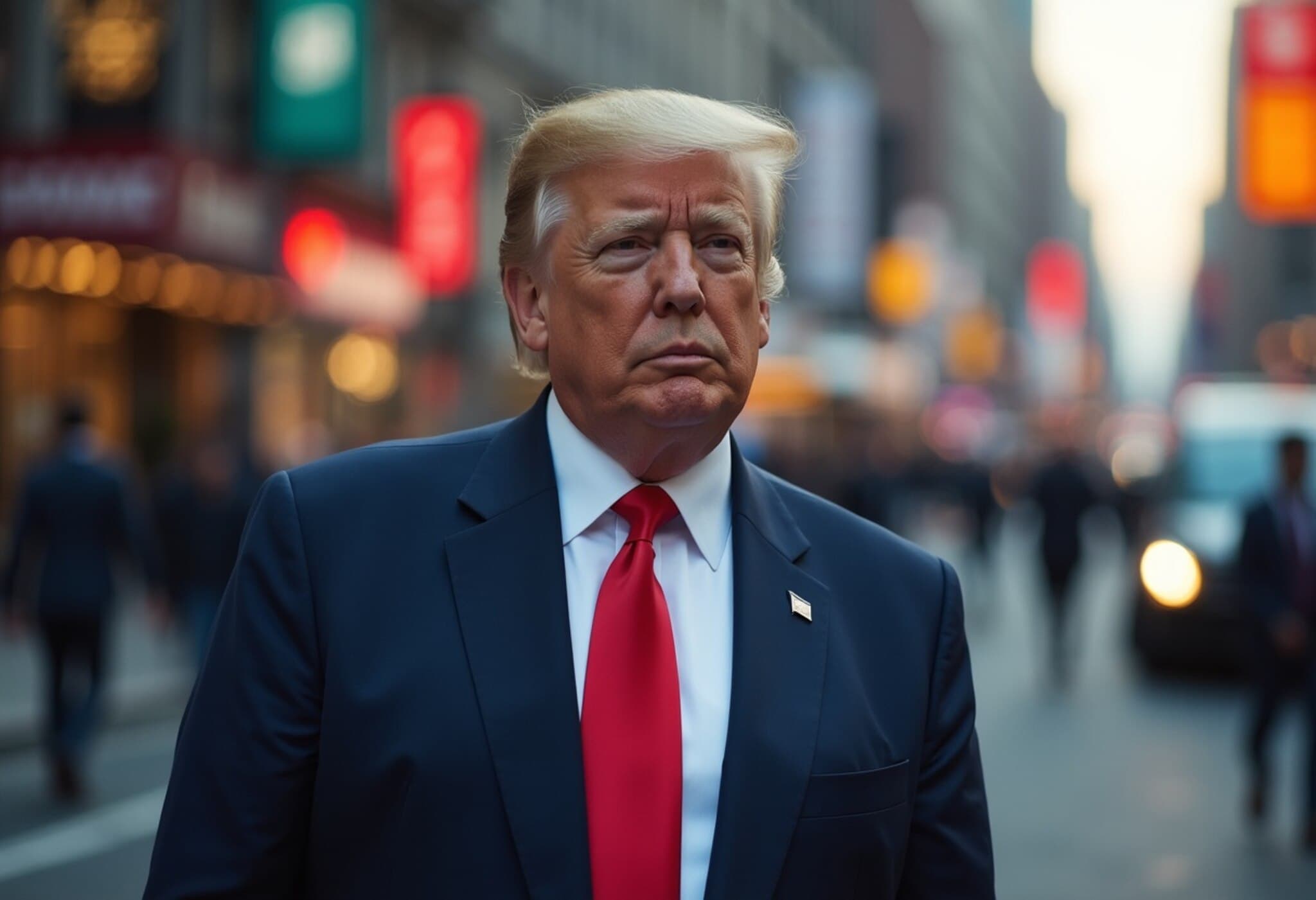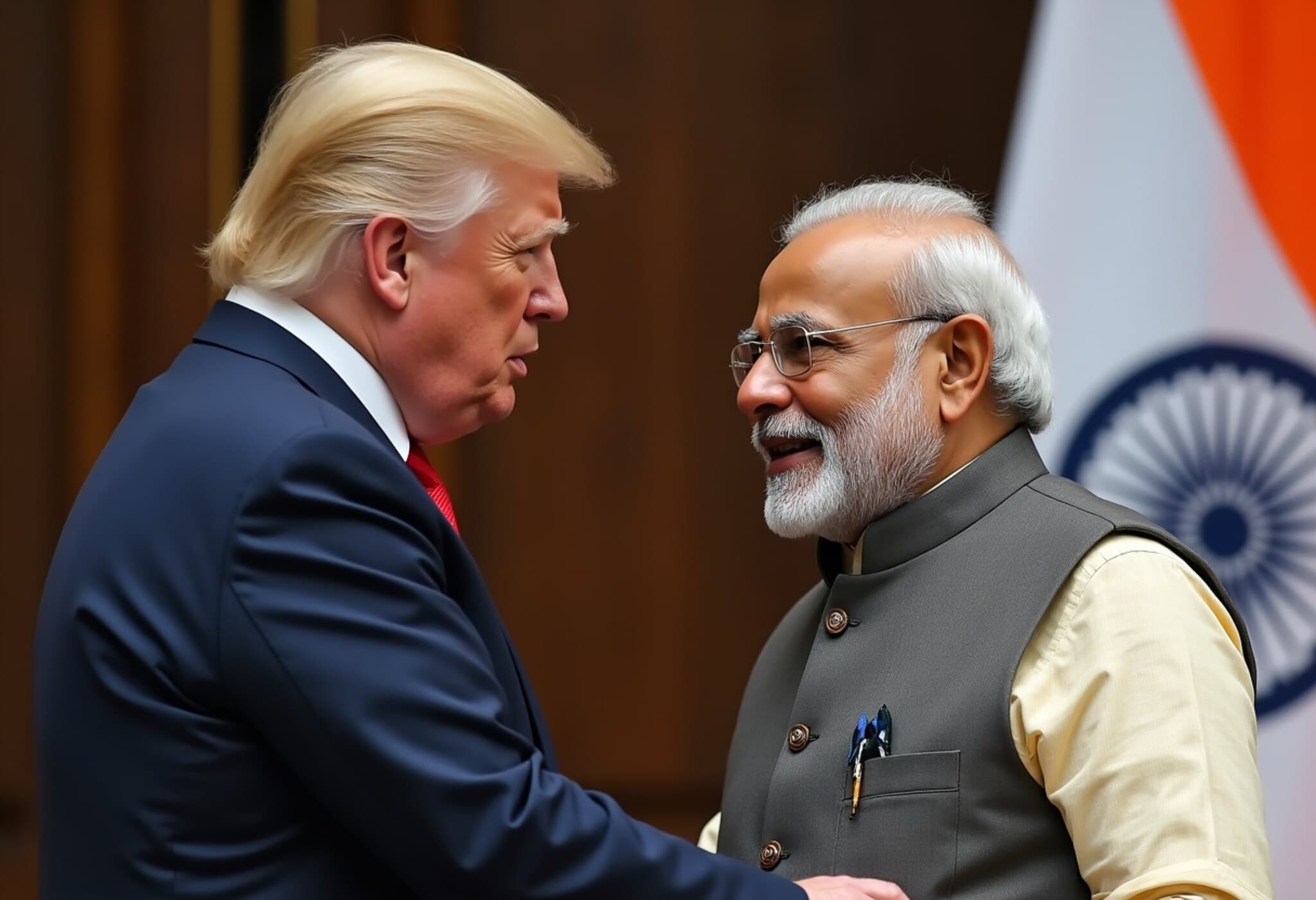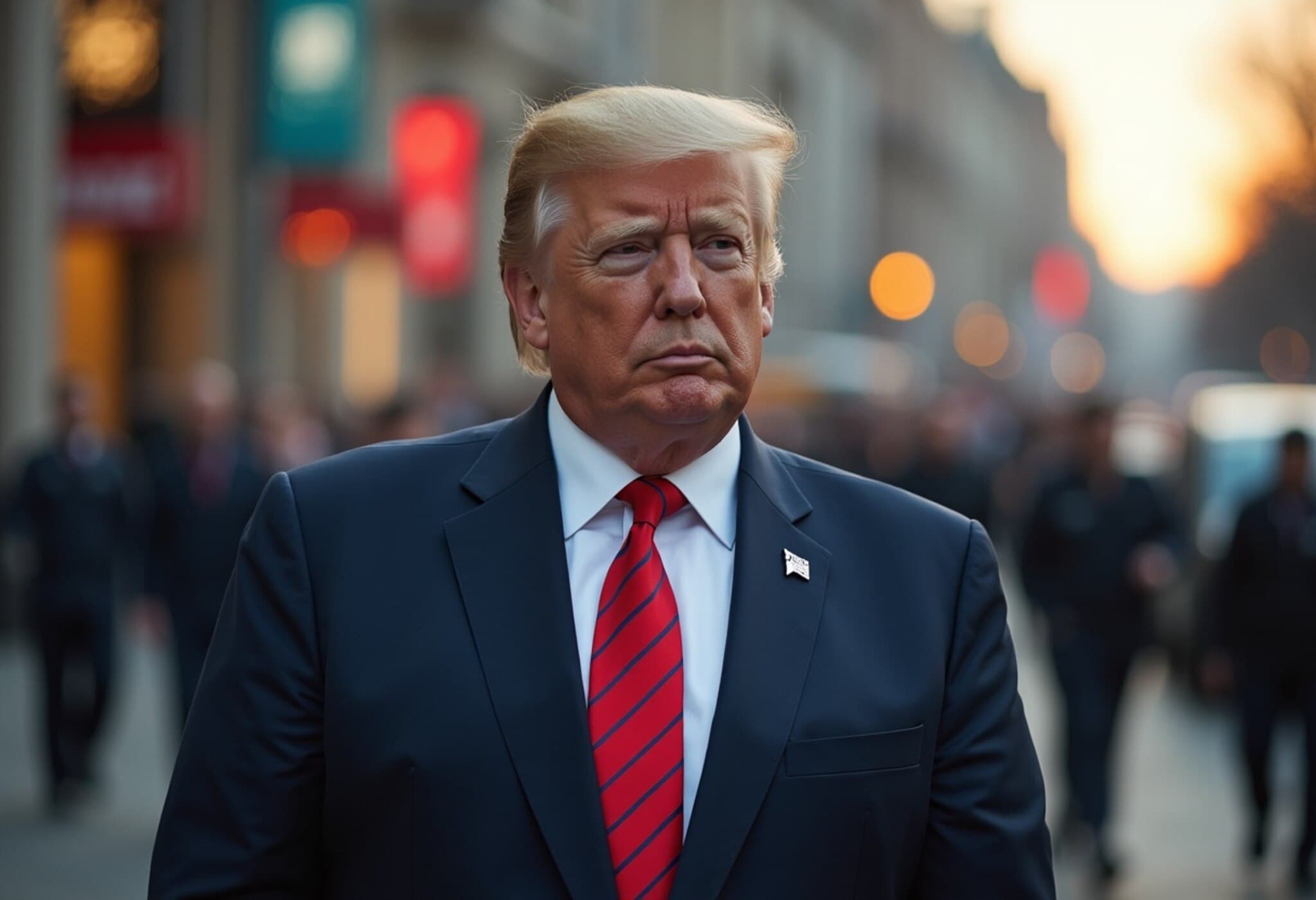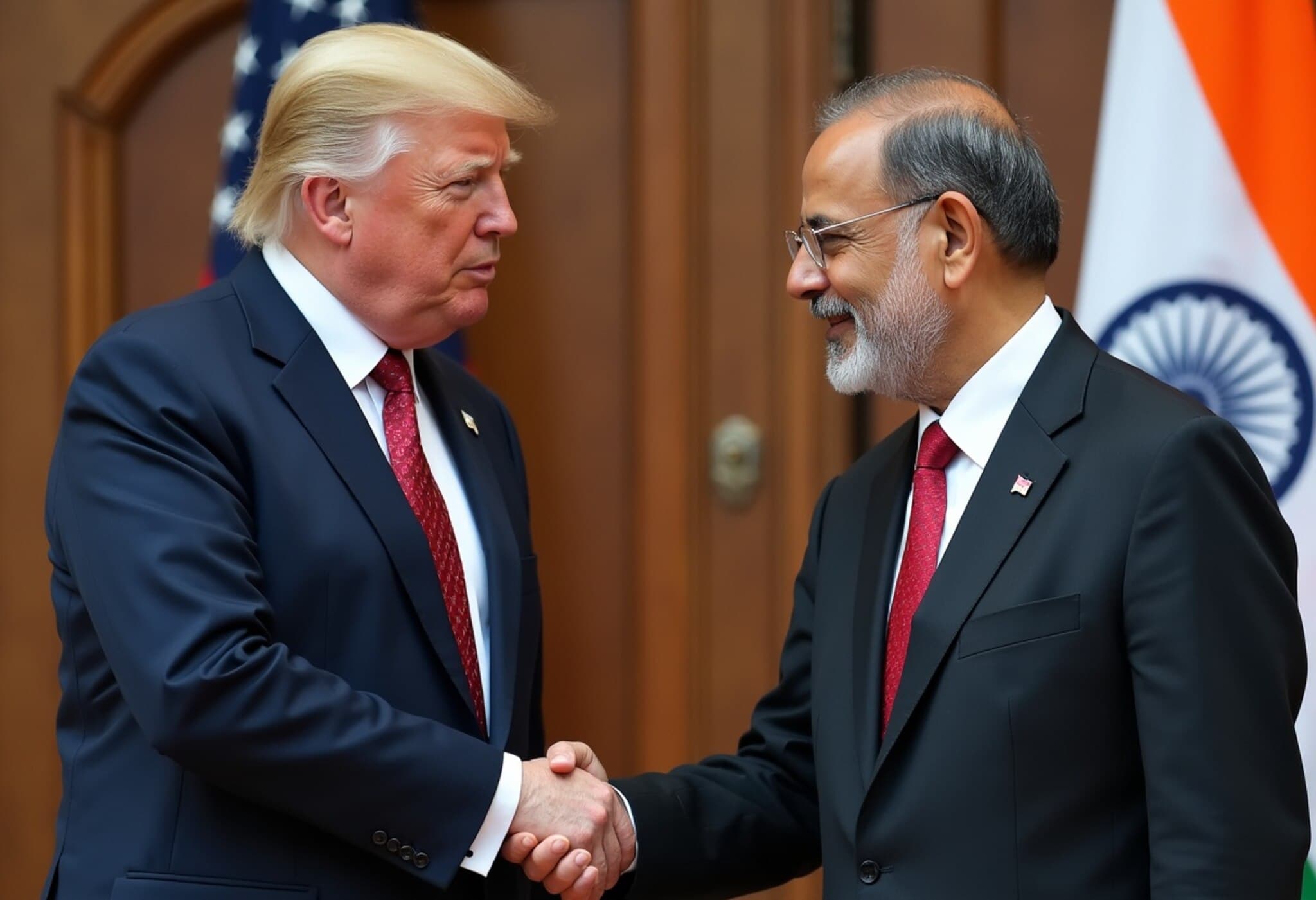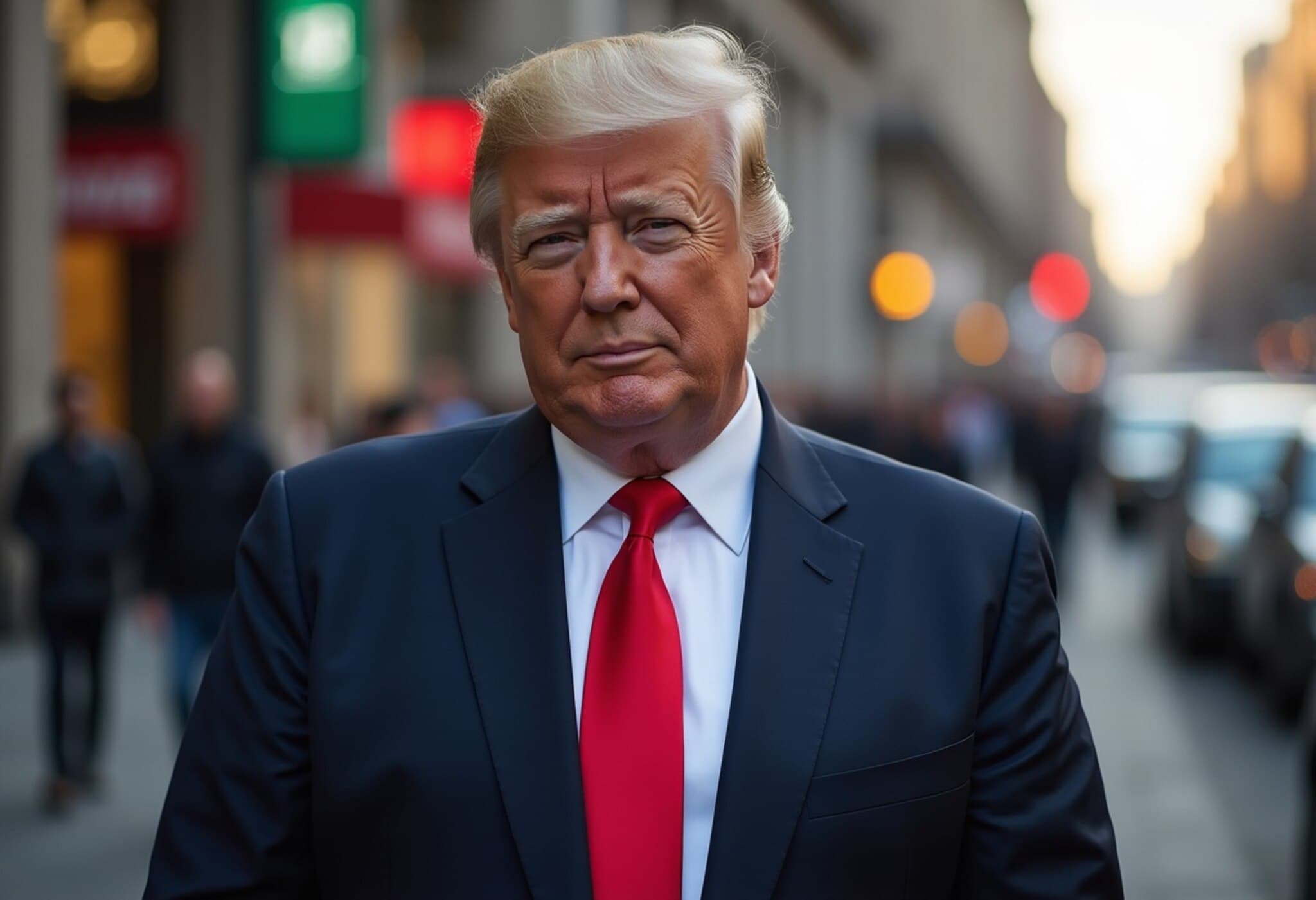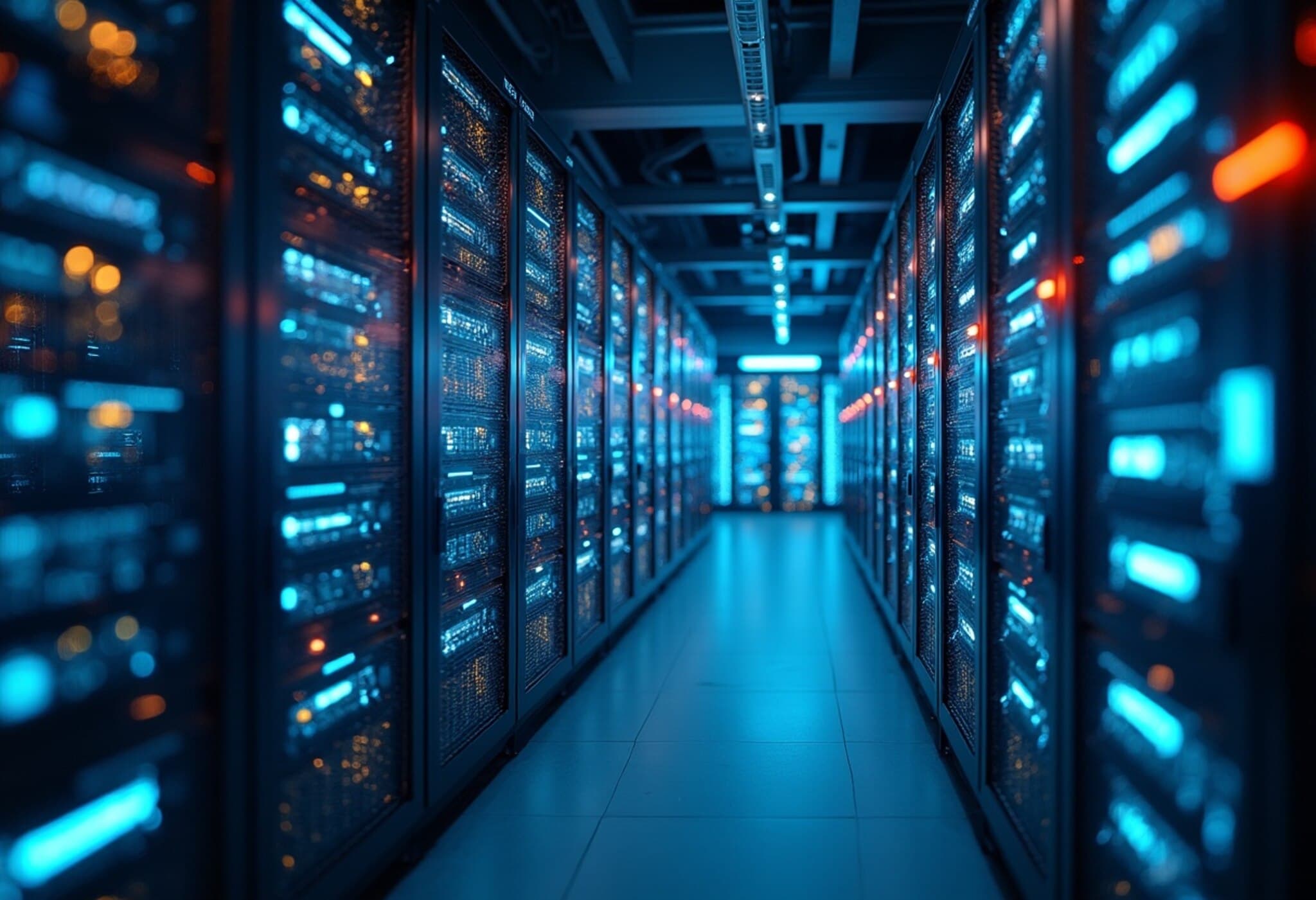US Targets Iranian Oil Trade with New Sanctions Affecting Indian Firms
In a significant escalation of economic pressure, the United States imposed sanctions on over 50 entities and individuals connected to the Iranian oil trade, including at least six Indian companies. This move, announced by the US Department of Treasury, has elicited strong condemnation from Tehran, which accuses the US of weaponizing its economic power to impose its will upon sovereign nations like Iran and India.
The Reach of Sanctions: Targeting the Shamkhani Shipping Network
The sanctions focus largely on the shipping empire of Mohammad Hossein Shamkhani, son of Ali Shamkhani, a key adviser to Iran’s Supreme Leader Ayatollah Khamenei. According to the Treasury Department, Mohammad Shamkhani has exploited his father's political stature to control a vast fleet of tankers and containerships transporting oil and petroleum goods not only from Iran but also Russia to global markets. This network is reported to generate tens of billions of dollars annually.
India’s Economic Challenges Amid US Pressure
India's inclusion in the sanctions list arrives alongside other US economic measures, such as a 25% import tariff imposed on India and threats of further penalties relating to India’s trade with Russia. This dual pressure on India signals Washington’s broader strategy to influence global trade alignments and limit Iran's and Russia's economic reach, with significant implications for India’s energy security and trade partnerships.
Tehran’s Response: Labeling Sanctions as Economic Imperialism
The Iranian embassy in India condemned the sanctions as a “modern form of economic imperialism,” stating that such coercive policies violate international law and national sovereignty. The embassy emphasized that the US’s use of economic sanctions is an attempt to interfere with the growth and development of independent nations and asserted that resistance against these measures aligns with the broader movement toward a multipolar world order, emphasizing empowerment of the Global South outside Western hegemony.
Historical Context: From the Nuclear Deal to Maximum Pressure
These latest sanctions reflect a continuation of the confrontational strategy adopted by the Trump administration after it withdrew from the 2015 Iran nuclear deal (JCPOA) in 2018. The so-called “maximum pressure” campaign aimed to isolate Iran economically and bring it back to the negotiation table through intensified sanctions. The re-imposition and expansion of sanctions have recurrently impacted Iran’s economy and its global trade relationships, creating geopolitical ripple effects that challenge diplomatic solutions.
Expert Perspective: The Realities of Economic Sanctions in Global Diplomacy
- Economic Warfare vs. Diplomatic Strategy: Sanctions are increasingly seen as tools of economic coercion, raising questions about their ethical implications and effectiveness in altering state behavior.
- Impact on Third-party Nations: India’s entanglement highlights the collateral impact of sanctions on countries balancing complex trade ties and geopolitical interests.
- Emerging Non-Western Alliances: The backlash from Iran underscores growing resistance to US-led economic policies and the strengthening resolve within the Global South to forge autonomous economic pathways.
What Lies Ahead?
As sanctions become a mainstay in international relations, their influence on global trade ecosystems and diplomatic interactions grows more profound. For nations like Iran and India, navigating between sovereignty and external pressures involves strategic recalibration of alliances and economic policies.
Editor’s Note
The US’s recent sanctions highlight the evolving landscape of global power dynamics, where economic measures serve as leverage in geopolitical negotiations. This raises critical questions about the future of multilateral diplomacy and the role of emerging economies in resisting unilateral economic interventions. As India finds itself caught between sanction regimes and trade imperatives, a pivotal dialogue on balancing national interests with global pressures becomes indispensable.



